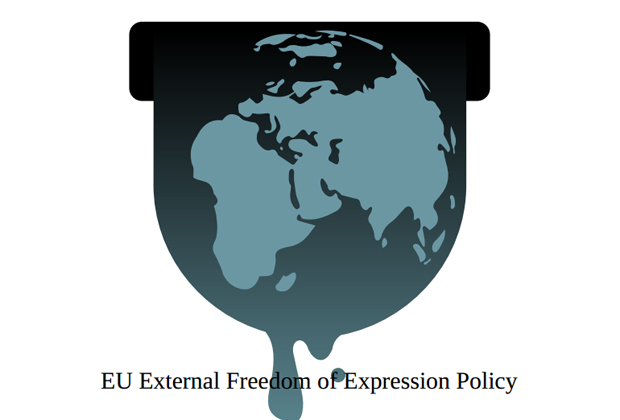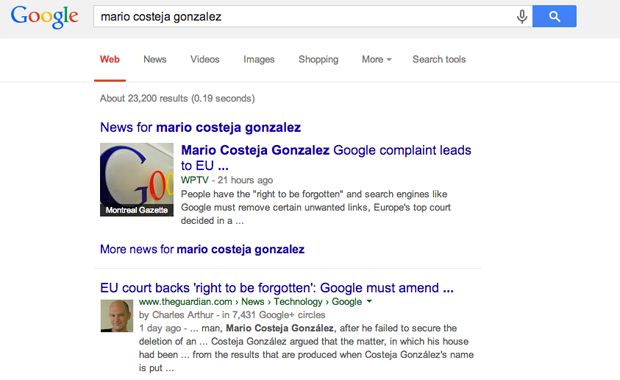You can find support for the public’s right to access official information in the strangest places. Like a private EU policy paper draft. As leaked to and published by the whistle-blowers’ website Wikileaks. Rohan Jayasekara writes


You can find support for the public’s right to access official information in the strangest places. Like a private EU policy paper draft. As leaked to and published by the whistle-blowers’ website Wikileaks. Rohan Jayasekara writes

Rik Ferguson argues that the right to be forgotten is not censorship in this essay offering a counterpoint to the Index position.

Indians, ever a chatty lot, are obsessed with the idea of being obsessed with social media. Mahima Kaul reports

The recent creation of Tunisia’s Technical Telecommunication Agency threatens to undermine progress the country has made — all in the service of digital surveillance. Nicholas Williams writes

Although the Court of Justice of the European Union’s ruling on the right to be forgotten was made with intention of protecting European citizens’ personal data, the court’s ruling opens the door for anyone to request that anything be hidden from a search engine database with no legal oversight.

All states, autocratic or otherwise, have made it their business to stifle internet freedoms. They just disagree on how best to do it, Binoy Kampmark writes

Last Tuesday “hacktivist journo” Barrett Brown pled guilty in a US court after a long-running battle with the FBI. He had reported on a high-profile Anonymous hack as well as posting provocative videos on YouTube baiting FBI officials. Alastair Sloan reports

A fundamental feature of Obama’s reform agenda centres on a greater oversight role regarding surveillance applications assessed by the Foreign Intelligence Surveillance Court (FISC). Binoy Kampmark reports

Index on Censorship’s Melody Patry speaks to Al Jazeera

India was among the few governments that did not sign the NETmundial outcome statement. But why does it seem that the world’s largest democracy is not putting its weight behind a “bottom-up, open, and participatory” multistakeholder process? Mahima Kaul reports